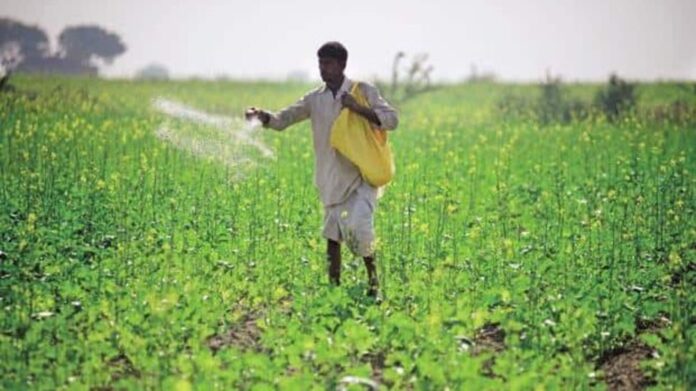Results of the recently concluded general election for the Lok Sabha have given the National Democratic Alliance (NDA) a clear mandate to form the government for a third successive term, although there is also a message for it in the sharply reduced seats it now holds.
The principal party in this alliance, the Bharatiya Janata Party (BJP), won only 240 seats, lower than the required 272 for a House majority, while the BJP had a majority of its own supporting the past two governments. While it may not hamper the smooth functioning of the government, the decline of BJP MPs in the Lok Sabha was unexpected, given that pollsters as well as the party had claimed a likely increase in its tally.
Voting preferences of the electorate depend on many factors and any analysis of the election results must be done with the caveat that economic issues, though important, are only one of the many factors that determine choices.
However, given that salient economic issues such as inflation, unemployment, agrarian distress and inequality were raised by almost all parties, election results do offer us some idea of the perceptions of the electorate on these issues. There are four clear messages.
First, rural distress is not just a statistical artefact, but real. The fact that the BJP’s seat losses were concentrated in semi-urban and rural areas suggests that distress played a role. Part of it was in the agrarian economy, which has seen large farmer protests throughout the last five years (10 years in some areas).
The NDA lost seats in Punjab, Haryana and western Uttar Pradesh, which were the epicentre of these protests. It also suffered losses in Bihar and Maharashtra for it. While multiple data sources confirmed the nature of rural and agrarian distress, not only was it ignored, some of it was aggravated by ad-hoc policy instruments such as the arbitrary trade restrictions that led to losses for the farmer community.
Second, inflation hurts the economy, but disproportionately more the poor. For more than two years, inflation has remained the Achilles heel of policymakers. Not only did over-reliance on monetary policy not yield the desired results, it also hurt the economy.
Trying to fight inflation by prioritizing consumer interests at the cost of producers is unlikely to benefit either farmers or consumers. What is needed is a nuanced approach to inflation management and not arbitrary use of restrictive trade and price policies. India needs a price policy that protects consumer interests without compromising those of farmers.
Third, it is now evident that a policy approach to poverty alleviation through transfers, both cash as well as in kind, is unlikely to resolve structural problems of inequality and unemployment. Claims of high growth are unlikely to have any traction if the nature of growth is not accompanied by improvements in earnings and employment for the majority of citizens.
While the NDA government benefited politically in the short-run from cash transfers, which helped various occupational and social groups such as farmers, women and youth, these are unlikely to be enough for a generation eager to prosper from India’s economic emergence. The issue of unemployment is not just about getting work, but also about job quality. Government jobs are few and prized by almost everyone, but these won’t help tackle our employment challenge.
Fourth, economic empowerment is necessary for inclusive growth. But in a society ridden with disparity based on caste, tribe, gender, religion and region, economic empowerment is also a function of social and political empowerment.
This is why issues of reservation and threats to constitutional provisions for empowering disadvantaged groups are as important at the hustings as improvements in material well-being. While this is certainly true for those excluded or marginalized by economic processes based on social identity, women are also emerging as a distinct political group, with most parties aware of the need to empower them.
Election results are not a referendum on the economic policies pursued by governments. But they offer citizens an opportunity to voice their concerns over governance. A sound policy environment requires a dynamic information system based on credible evidence from multiple sources.
A decline in the credibility of our statistical system is unlikely to help the government grasp the nature of people’s problems, let alone respond. With the 2024 election results, the electorate has made its voice heard. The question is: Can the government respond to these challenges?
#Voters #speak #electoral #verdict #clear #message #NDA #government
